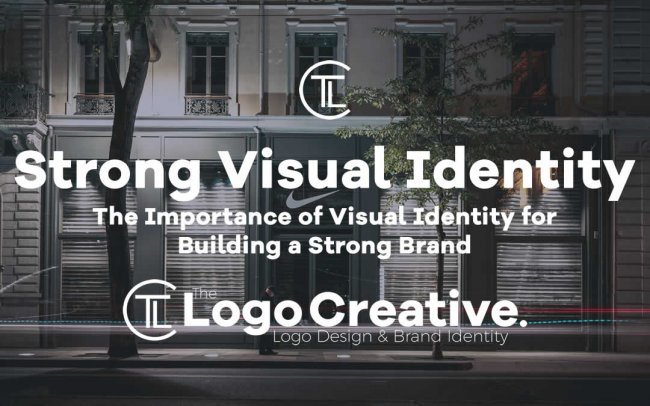Making your brand recognizable but, more importantly, distinguishable from your competitors is one of the crucial traits. This is essential in the era where people out there look forward towards capitalizing on product similarity and mistaken corporate identity. More importantly, for a person to make a purchase, they usually need to first get familiar with your brand, not just to see what you have to offer but also to study your policies and learn more about your corporate values. All of this can be achieved through a cunning construction of visual identity. Here are some tips on this topic.
Table of Contents
Brand awareness and brand recognition
The first thing you need to know about your brand is the fact that it’s the image people see when they hear about your business. That’s right – an image. This alone is more than enough to testify about the importance of visual identity when it comes to building a strong brand. Think about McDonald’s for a second and about what are the first things that come to your mind. The logo, the menu and the uniforms, most likely. Then again, there’s that iconic interior design that most McDonald’s restaurants around the world share. Most importantly, none of these traits are verbal, seeing as how you’re more likely to remember what the meal looks like on the platter than the price and the name on the menu.
In other words, the visual identity of your brand is the key part of your company’s brand awareness and brand recognition, which we have to discuss as two separate matters. Brand recognition means that people are simply able to recognize your company name, logo and perhaps even describe what it is that you do. The reason why this is so inferior to brand awareness lies in the fact that it usually comes from a complete lack of first-hand experience. People who can recognize your brand, aren’t necessarily buyers or even potential buyers. On the other hand, with raised brand awareness, you’re also increasing your chances of making a successful engagement with this audience.
Learn a thing or two about your target audience
While some entrepreneurs might feel like they’re building a legacy or working on their own image, the truth is that the story of your business isn’t a story about you but about your customers and clients. As such, you need to learn who the protagonist of the story is, long before you start telling it. For this, you need to survey your audience and there are several techniques you might find useful. Polls and methods such as paid surveys online offer you the simplest, most reliable way of obtaining actionable information. Aside from this, you can also go for social media monitoring.
Sense of continuity
Over the years, your brand will evolve, grow and expand. With it, you might feel the need to do some face lifting around it and change your logo or slogan. Once this happens, you need to find a way to maintain at least some sense of continuity. To get a hint of what we’re talking about, you might want to take a look at the logo evolution of some of the world’s greatest trends.
Abandoning the old design altogether doesn’t just make you start from square one, it’s much worse. You see, some of your most loyal customers are emotionally attached to your company’s markings (seeing as how it gives them some sense of belonging) and they might get genuinely outraged at the change. Needless to say, this is an unnecessary risk that’s easy to avoid.
Present on different formats
Words are wind, which is why your audience expects something a bit more concrete. Earlier on, we talked about how the logo, products, and uniforms can all be equally iconic to your brand’s identity. This is because your brand’s presence across various formats speaks volumes about its reliability. Everyone can make a website and even produce a limited quantity of products, however, all of these products, when combined, really testify about the seriousness and legitimacy of one’s brand. Of course, this means that you need to find an ideal pattern for a logo that will translate well on business cards, banners, product packages, uniforms and much more.
Conclusion
While in some industries, properties and features are all that matters, sleek design is always a determining factor. The visual identity is crucial when it comes to building a strong brand but, with so many factors to consider, this is not something you should try doing without assistance or at least counsel from a skilled marketer. With just a bit of effort, on the other hand, this shouldn’t be outside of your reach.
 Author bio
Author bio
Elaine Bennett is a marketing specialist and a regular contributor at Bizzmark Blog.


